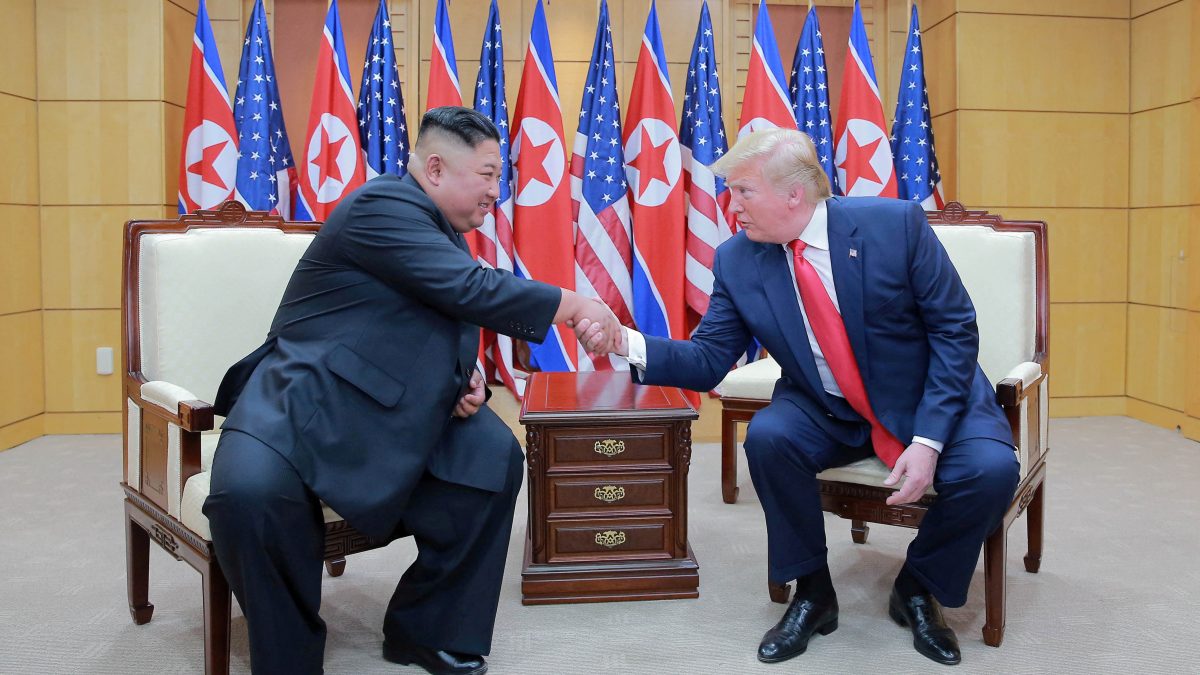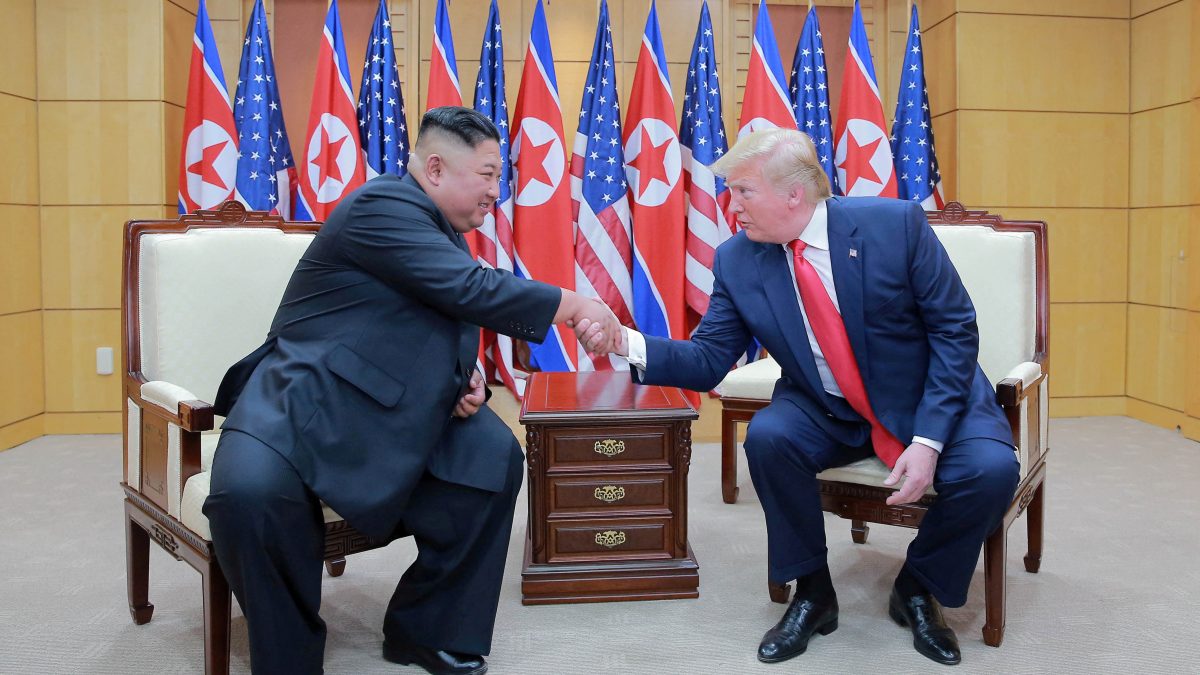The Indian Polo Season 2025-26 opened in full swing in the Pink City as the familiar hues of Jaipur’s five-colour emblem once again dominated the field.
The Jaipur Polo Team, a name woven into the very fabric of Indian polo, continued to display its royal tradition and modern sporting excellence on the coveted field in Rambagh in tournaments organised by the Rajasthan Polo Club.
This gave Firstpost an opportunity to look into the team itself and understand what drives them.
Exclusive conversations with HH Maharaja Sawai Padmanabh Singh, the captain and patron of the team along with long-time associated international players like Lance Watson aided in what has now become a three-part feature by Firstpost diving deep into the team’s history and its future plans.
Polo in Jaipur this season has been split into three legs with the first leg held in September and October. Firstpost first-hand witnessed numerous high-goal matches in this leg as dozens of teams endeavoured to defeat the home side in various tournaments.
Across the Sep-Oct season, the Jaipur Polo Team maintained a mostly dominant run, setting the tone for the upcoming mid November-December leg.
A brief look shows how the team has performed so far:
Army Commander’s Cup (06 Goals) - September 2-8: Jaipur Polo was defeated by Kognivera ASC Polo in the semi-finals.
Chinkara Polo Championship (06 Goals) - September 8-14: Jaipur Polo defeated Kognivera Stallions in the final.
Sawai Man Guard Cup (08 Goals) - September 15-21: Jaipur Polo was defeated by All Stars Polo Team by Suhana in the semi-finals.
Gen. Amar Singh Kanota Cup (08 Goals) - September 23-28: Jaipur Polo defeated Mayfair Polo in the final.
Bhavnagar Polo Trophy (06 Goals) - October 1-5: Jaipur Polo was defeated by Vimal Arion Achievers in the semi-finals.
BM Birla Cup (06 Goals) - October 7-12: Jaipur Polo defeated Dynamix Achievers in the final.
RPC Cup (04 Goals) - Currently underway
Led by Singh, the team also comprised players like Lance Watson, Vandit Golecha, Br Devvrat Singh Jhalamand, Aryaman Singh, Angad Kalaan and Dino Dhankar.
But beyond the victories, the story of Jaipur Polo is one of revival — a living continuum of a royal tradition that shaped Indian polo’s identity and brought it global respect.
How a legacy was forged
Few teams in the history of Indian sport carry the prestige of the Jaipur Polo Team. Founded nearly a century ago under Maharaja Sawai Man Singh II, the team’s legacy is deeply tied to the golden age of Indian polo.
Under his leadership, Jaipur became India’s foremost polo institution, and its success abroad helped put Indian polo on the global map.
During the 1930s and 1940s, the team played and won at the Guards Polo Club in Windsor, England, and at the Hurlingham Polo Association tournaments — both considered pinnacles of the sport.
Jaipur’s international triumphs included notable victories such as the 1933 Indian Polo Championship, the Countess of Derby’s Trophy, and wins against elite British regiments.
In 1936, the Jaipur team famously competed in Europe, where their powerful performances were widely reported in British newspapers as a testament to Indian skill and horsemanship.
On July 12, 1933, the London-based Tatler magazine wrote, “This Jaipur team is a very fast one indeed; a very hard-hitting team with strength at both ends and, above all, a very fine shooting team with a predilection for bringing off 60-yarders from angles that often look impossible. In England, nothing has been able to stand up to it, and the best team America will produce will not be good enough.”
The Maharaja’s polo career also took him to Argentina, then (and still) the world’s polo capital. His participation there marked a rare moment when an Indian team stood shoulder to shoulder with the sport’s global elite.
By the 1940s, Jaipur Polo had become synonymous with precision, discipline, and grace — qualities that still define the team’s ethos today.
The royal stables of Jaipur were known for breeding some of the finest polo ponies, and the Rambagh Polo Ground became a symbol of India’s sporting sophistication.
Even after Independence, as the sport’s fortunes fluctuated, Jaipur’s colours remained a proud standard.
The glory was revisited this summer when the Jaipur Trophy was witnessed at England’s Guards Polo Club where Singh led the visiting team to victory over the home side.
‘A privilege to play in these colours’
Today, the responsibility of carrying forward this illustrious heritage rests with HH Maharaja Sawai Padmanabh Singh, a +4 handicap international player and the team’s patron. Under his stewardship, Jaipur Polo has reemerged as a powerhouse.
Speaking to Firstpost, Singh reflected on the weight and pride of this legacy, adding that the effort to revive the team was deeply personal, but also communal — a shared passion among the people of Jaipur.
“We tried to give this beautiful legacy a new lease of life a couple of years ago. The team means really the world to me but other than me it means a lot to also the people of Jaipur. You’ll see various people across the city often wearing these five colours that I’m wearing and so there’s a lot of emotion and feeling attached to the team. It always is a big privilege to play in these colours.”
For Singh, polo is not just a sport but a lifelong inheritance.
“I always grew up around Polo in Jaipur. In my family, it’s really inescapable. You’re surrounded not only by memorabilia but also by beautiful Polo trophies, photos, stories. And so one grew up around horses and watching Polo over here, some great games, great players playing on these beautiful grounds here.”
He recounted how his formal engagement with polo began during his school years. “It was really when I went to Mayo College that I took to the sport myself and really got hooked on to it.”
At first, he admitted, polo was a natural choice given his environment. But over time, it grew into a passion.
“Pretty much, yes,” he said with a smile, when asked whether the sport transformed from a necessity into a calling.
Since 2023, under Singh’s direction, the Jaipur Polo Team has entered a new phase — better horses, more structured team management, and a renewed focus on competing across India’s growing polo circuit.
Singh sees this not just as a sporting mission, but as part of a broader cultural effort. “The great days of Indian Polo that the whole world actually experienced in the 1930s, 40s, and 50s are still a memory that is very fresh in the minds of the people here in Jaipur.”
“You find a lot of fans here that were actually present in the 1970s and saw some of those great matches and so the kind of following that the sport has in our city is unique not only for our India but also generally across the world. There are not many cities that have such a deep rooted connection to a particular sport like Jaipur does. Every old family has a story to do with Polo.”
But to sustain that enthusiasm, he believes, polo must reach new audiences. “The one thing that we’re not able to do is to bring this experience to people’s doorsteps across the country and I think that the challenge that we have and the solution to this problem is to start streaming the Polo season and games.”
As part of the executive body of the Indian Polo Association (IPA), Singh hopes to push for greater media visibility and accessibility. ‘I think the other thing that we need to really focus on is youth development.”
He pointed out inclusivity as a key driver of modern growth.
“For us to really be a fully recognised international sport then it’s equal participation from ladies which we are doing here in a living capacity through the Princess Diya Kumari Foundation Polo match which is the only one of its kind in the country, which actually now has become one of the most coveted fixtures across the world.”
‘An honour to be part of history’
Among the most striking additions to the modern Jaipur Polo Team is Lance Watson, an international player from South Africa known for his skill and experience in high-goal polo across Argentina, England, and his homeland.
“I joined in December 2023. I played the Jodhpur season for the first time with the Jaipur team,” he began, during his conversation with Firstpost.
“We had a successful season and then they asked me to continue with them. And I came back to play the Jaipur and Delhi season with them in 2024. Fortunately, we had a bit more success. So then there were quite a few plans to travel overseas and buy some horses. The idea was to grow the team as much as we could, put the best teams together and try and get some really good horses.”
For Watson, Jaipur’s revamped team has exceeded expectations, “Yes, I think it’s definitely above its handicap. So everything that’s rated at six goals for me is eight or ten-goal polo, and everything that’s eight-goal is ten or twelve-goal polo. All the horses that have been brought in are horses that can play eighteen-goal and above. So you’ve got really top horses and lower level polos making for some excellent polo.”
He also underlined the camaraderie and collective effort within the setup, “I’ve played at many places and been associated with a lot of teams, but there’s something unique about this Jaipur team. I’m so well taken care of and the camaraderie is good and everyone’s aiming in the same direction.”
“We all want the same result at the end of the day. Everyone’s putting in their ideas, we keep pushing forward and trying to improve. We’ve got each other’s backs, and the team spirit’s good. So it’s nice to be a part of a setup like this.”
Watson, who has played across continents, sees Jaipur as both an honour and a benchmark.
“For me, I find it special, the Jaipur team. And there’s a lot of history too that comes behind it, you know, with the late Highness starting the team and travelling the world and now HH [Singh] bringing it back.”
On India’s polo infrastructure, he observed a visible improvement. “A lot of places in the last three years have fixed their polo fields, which is a big, massive change and improvement. Rambagh won the award for the best polo ground in the country last year. At the moment, it’s seeming that way again — I think it’s the best.”
Watson also delivered unprecedented insight into the sport in a separate free-wheeling exclusive interview with _Firstpost_.
A long road ahead for Jaipur Polo
As the 2025-26 season continues, the Jaipur Polo Team embodies both continuity and change — a royal legacy reborn for the modern era.
With the second leg of the season approaching towards the latter half of November, Firstpost will focus on another aspect of Jaipur Polo.
The third leg for polo in Jaipur this season will be held in January-March with key tournaments in Jodhpur and Delhi as well.
HH Maharaja Sawai Padmanabh Singh summed up his personal and professional mission, “We’ve been playing for a very long time now, so my ambitions are a little bit more closely tied with the growth of the sport in our city and in our country.”
At Firstpost, we extensively covered Indian polo through the 2024-25 season, first focusing on the origins of the sport, and then diving deep into the role of the Indian Armed Forces in reviving polo as well as the challenges the sport faces in the subcontinent.
As we begin a new series for the 2025-26 season in India, Jaipur Polo’s story sets the tone: proof that the spirit of the “sport of kings” not only endures but continues to evolve — in the heart of Rajasthan and on fields across the world.
This was part one of a three-part feature on Jaipur Polo corresponding with each of the three legs this season.


)

)
)
)
)
)
)
)
)



